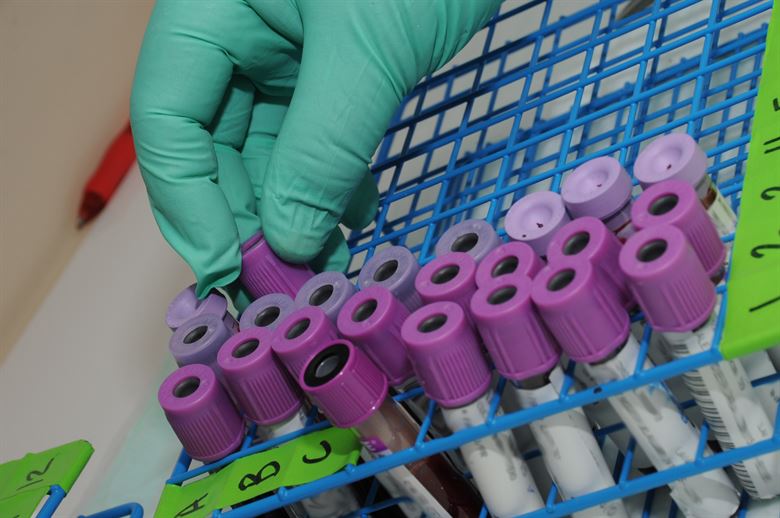The United States should ban the use of genetic manipulation technology
Courtesy of: Keesler Airforce Base
The United States should ban gene modification for the safety of Americans
Take a moment to look around the room and notice the physical differences of your peers. Now fast forward one hundred years, but this time, as you glance around, it will seem as if you are constantly seeing mirror-like reflections of your own image. You appear more “superior” due to your parent’s decision to genetically alter you during your time as a fetus. Sitting here, presently, you may appear to be a male with darker features, such as brown hair and eyes, but your original genetic code was female with lighter features such as blonde hair and blue eyes.
You may be wondering how society would allow such a change? The answer is that as a population we have recently been making advancement towards this point through genetic manipulation. For centuries the world has gone through drastic changes on the idea of what an “ideal” human should be. Hitler believed this should be a tall, blond hair and blue-eyed organism. During eugenics, the ideal was that no human should be bred with a genetic disease. Now, these ideals have once again changed, but this time you can be put together piece by piece the exact designer human, in terms of physical and personality traits. However, all of this comes with maybe the heftiest price tag ever seen–the destruction of all mankind. Due to these disastrous consequences, all technology containing the ability to genetically alter humans needs to be prohibited in the United States of America for non-medical reasons. By altering the genes of a human due to a genetic disease, you are allowing for a longer and potentially happier life, something any prospective parent should want for their child. However, by modifying one’s physical and personality traits, you are leading a child down a calamitous path.
This brings up several moral and ethical questions including parents rights, gender ratios, discrimination between social classes, individuality, and body image. In many areas throughout the world, biases exist, in this case against women. In places such as China and India, for every 1,000 boys, there are only 914 girls, a number that continues to lower. This will only cause the number of missing women, which is 200 million, to increase. Allowing genetic manipulation technology to become accessible in these parts of the world would increase the kidnapping, sex trafficking, and gender-based violence towards women. This could be even more threatening in societies were pre-existing gender biases exist.
The next question that arises is if parents have the right to genetically change their own child. While the basic rights of citizens are outlined in the Constitution, there is nothing pertaining to this type of situation due to its modern day relevancy. Nonetheless, by altering a child’s genes without their consent, a parent would be taking away their individuality, and pre-determining how they want the world to see them. This could cause some tension between child and parent as they grow, and realize they may not appear as how they were originally intended. As this technology continues to expand, parents may start to be able to choose the personal traits of their soon-to-be baby. This can cause strain between social classes by creating a potentially superior race.
Genetic manipulation technology such as CRISPR, where DNA is taken away from the code, altered, and then re implanted, is very costly. This makes sex and cosmetic gene selection only accessible to those monetarily fortunate. If only wealthy people have the ability to become smarter, and more athletic, or more beautiful by societal standards, those in the lower classes may be seen as inferior. This takes away many opportunities to the ordinary citizen, and create potential problems within the government. Yet, while all of this may happen, genetic manipulation technology does not have a high success rate. People that choose to do this are not guaranteed the results they wished and paid an exuberant amount of money for. It is only 90% effective on girls and 75% effective on boys. This causes 10% of those who choose sex selection to get sex-selective abortions Changing the cosmetic of one’s child could also lead to body and self-acceptance problems, in a society already dominated with these problems. Overall, sex and cosmetic gene selection disadvantages heavily out way the possible advancement society could make. However, by allowing the use of this technology for disease, as a nation, we will safely be making advancements towards an overall better people. By banning cosmetic gene and sex selection we will be preventing and protecting future generations from the extinction of the natural human.


